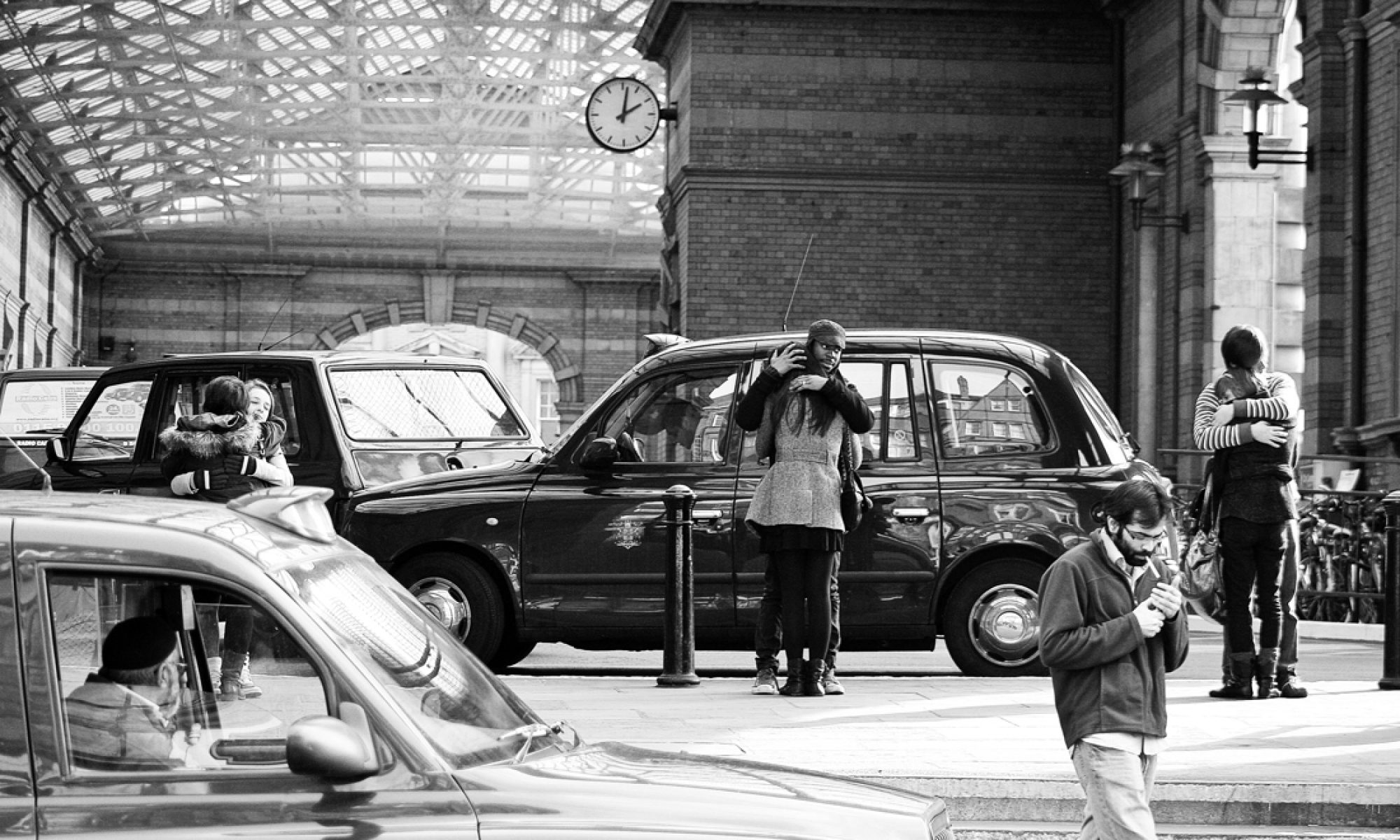I saw the angel in the marble and carved until I set him free.
– Michelangelo (apparently)
There is an episode of Radiolab from 2 April 2013 called Radiolab Presents: TJ & Dave. In it Radiolab’s Jad and Rob discuss the comedy improvisation duo TJ and Dave who work with entirely unscripted performances.
The angle of Jad and Rob’s interview is about the anxiety associated with not knowing what is going to happen. TJ and Dave describe their strategy to deal with this fear by suggesting that all of the millions of possible stories are already there in the room with them. It is simply their job to piggyback on one (or more) of these stories for the duration of their performance.
This is akin to the cliché idea of the artist as medium in which he (typically these stories involve men) simply reveals what is already there.
The problem with this is that it reduces the decision-making skills of the performers. Why this story and not that one? What happens when things go wrong? Indeed what does wrong feel or look like? The artist as medium turns a beautiful yet complex skill and practice into a mysteriously opaque process when in reality is is just like any other human endeavour or skill that requires patience, mindful repetition, will, time and perhaps even courage to learn.
Mind you, this episode of Radiolab is definitely worth a listen (as they nearly always are).
While I was listening to the show I also became curious about the role of the audience in building the humour. That is, how do TJ and Dave use (or generate?) audience expectations to support their performance? What if, for example, they just called themselves an improvisation duo instead of a comedy improvisation duo? In other words, the role of the audience could possibly be to keep an ear or eye out for humour; to be actively involved in making something funny. They have, after all, paid to be given the privilege to laugh.

This TED talk touches on the artists’ decision making in the moment – why this reaction and not that one… http://www.youtube.com/watch?v=7shXEFuxHAA
Thanks Gitta, I’ll check it out.
Could you be taking them too literally? From my own limited experience as a perfumer, the idea of being a conduit for a pre-existing thing, can be a useful performative trick to try and set aside the rational, conscious me. Something akin to zen archery. But away from the performance I can begin to reflect and imagine on the sort of connections and decisions I am make. Maybe the problem you point out is if/ when the ad hoc imagination becomes the post hoc explanation.
Cheers Hamish.
I could indeed be taking them too literally. I have little doubt that they are aware of how they use that strategy in performance, but I was more concerned about how others might latch onto this as a way of sustaining the mystique of performance (but afforded by TJ and Dave deliberately playing out their uncertainty about their belief in the *millions of stories in the room* at the end of the interview).
But perhaps mystiques are a good thing.
Performer. I have no experience as a perfumer
Might be a big money spinner?
Surely the experience of a FUMing PERFectionist relates to a performer’s experience…ER em…to some degree or masters